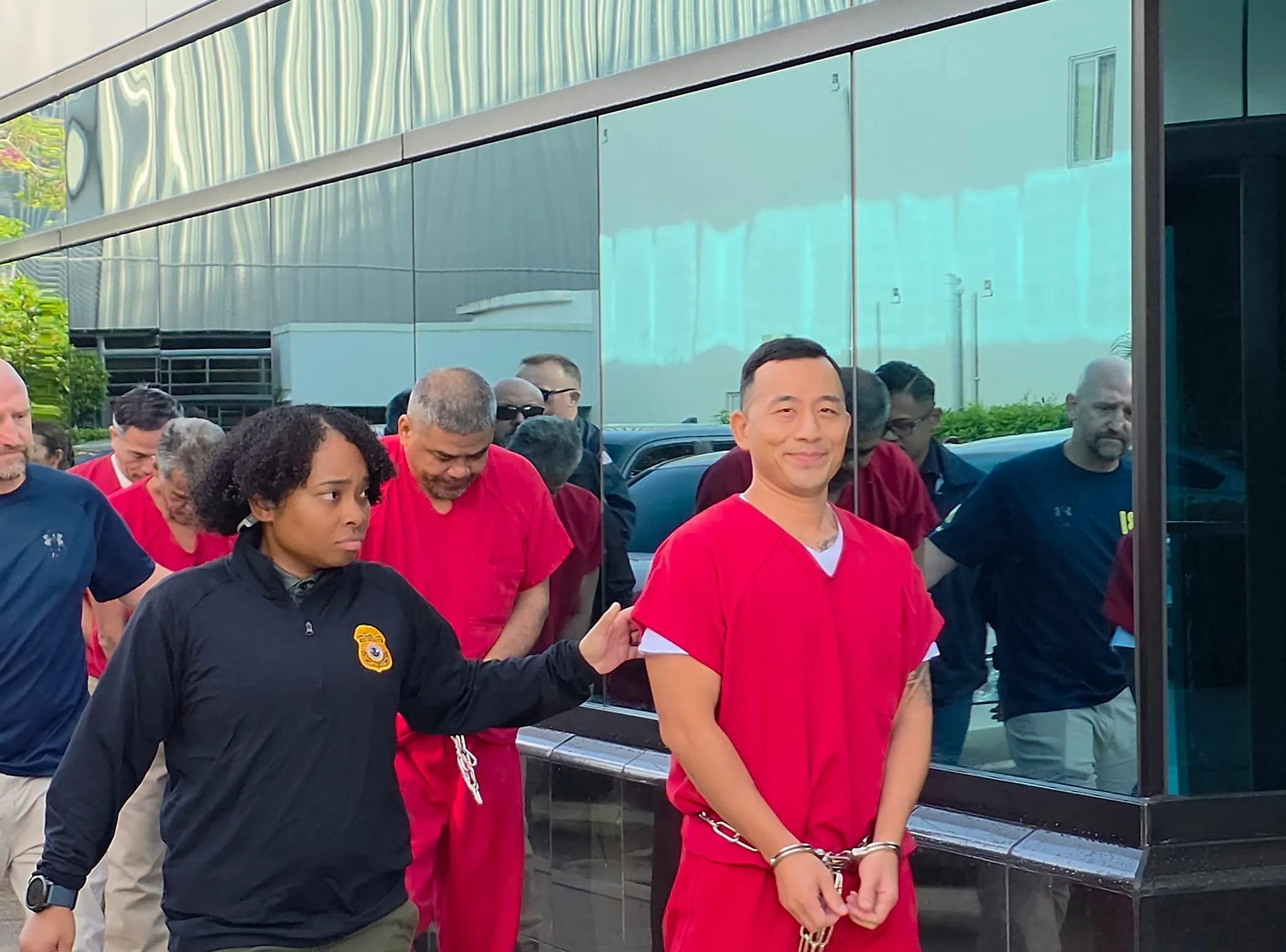PLAINTIFFS cannot show that “an intrusion rising to the level of a constitutional violation occurred” because no “unconsented physical intrusion” of any kind occurred, said Assistant Attorney General Keith Chambers II in his opposition to the nine terminated firefighters’ request to reinstate them to their previous positions while their lawsuit against the fire department is pending.
At the evidentiary hearing, Chambers said: “Plaintiffs did not show that defendants intruded into plaintiffs’ bodies at any time in any manner with or without consent. Plaintiffs did not testify that defendants forcefully vaccinated plaintiffs against their will or that defendants vaccinated plaintiffs using deception.”
Therefore, plaintiffs cannot “provide sufficient evidence to establish that an intrusion rising to the level of a constitutional violation occurred,” and the court cannot find that defendants violated Article I, Section 10 of the CNMI Constitution, Chambers added.
Chambers and Assistant AG Abbi Novotny represent the Department of Fire and Emergency Medical Services and DFEMS Commissioner Dennis Mendiola, in both his official and personal capacities, in the lawsuit of the nine former firefighters who are asking the Superior Court to issue an order declaring their terminations invalid and unlawful, and to set their terminations aside.
The plaintiffs filed their first amended complaint last month.
They are alleging that their terminations violated the due process clause and the equal protection clause of the Commonwealth Constitution.
They are also alleging that their terminations violated the parallel clauses set forth in the Fourteenth Amendment to the United States Constitution, as applicable to the CNMI via the Covenant.
Represented by attorney Joseph Horey, the plaintiffs said Mendiola’s actions in terminating them were taken under color of CNMI law.
The plaintiffs want the court to issue an injunctive relief, reinstating them as firefighters, with back pay and cost of the suit.
They were terminated for insubordination following their refusal to take the Covid-19 vaccine as required by the CNMI Governor’s Directive 2021-002.
In his 34-page opposition to a preliminary injunction, Chambers said, “First, it cannot be disputed that the Governor’s Directive was made for a public purpose.”
The Governor’s Directive states that “consistent with the duty to provide and maintain a workplace free of recognized hazards, [the vaccine mandate] is adopted to safeguard the health and well-being of employees and their families, patrons, clients, visitors, others who spend time in our facilities, and the community, from the risks associated with Covid-19.”
It is clear that requiring that executive employees receive vaccination for Covid-19 to protect the public “from the risks associated with Covid-19” is a purpose that “advances the health, safety or welfare of the community” and “protect[s] the health of the people,” Chambers said.
Therefore, defendants had a public purpose for the intrusion, he said.
Second, the public purpose that the vaccination requirement advances is compelling, Chambers added.
Courts since long before the outbreak of Covid-19, have consistently noted that “[p]rotecting public health […] through attainment of threshold inoculation levels for community immunity from vaccine-preventable, highly contagious diseases that pose the risk of severe health consequences has been long recognized as the gold standard for preventing the spread of contagious diseases and is unquestionably a compelling state interest,” Chambers said.
“Though plaintiffs allege that they could wear PPEs or take other non-vaccination measures to prevent the spread of Covid-19, these measures are not adequate compared to vaccines to stop Covid-19,” he added.
Chambers said while “such measures may reduce dangers to unvaccinated individuals, they do not prevent or eliminate them. Because an infected person may be asymptomatic while still being contagious, waiting for an outbreak to manifest places exposed, unvaccinated persons at risk of serious illness or death.”
“Because plaintiffs have not shown a Commonwealth statute that gives them a right to bring this cause of action for damages or that their fundamental right to privacy was violated, their claims are unlikely to succeed. Thus, a preliminary injunction is not warranted,” he added.
Presiding over the case, Associate Judge Joseph N. Camacho has scheduled a hearing for the plaintiffs’ preliminary injunction for Aug. 12 at 10 a.m.











